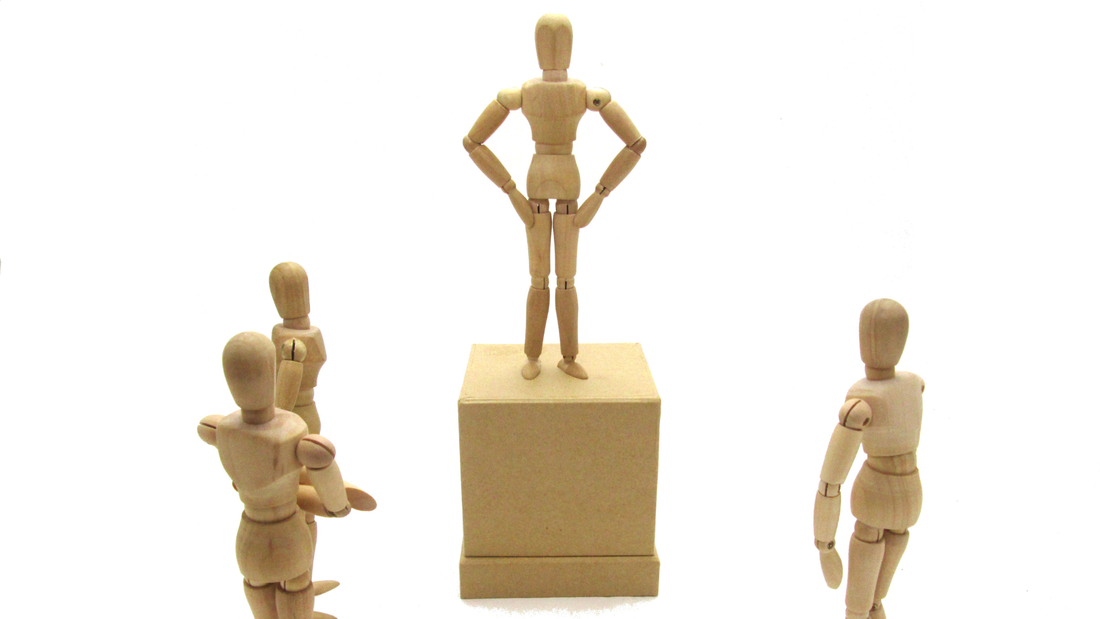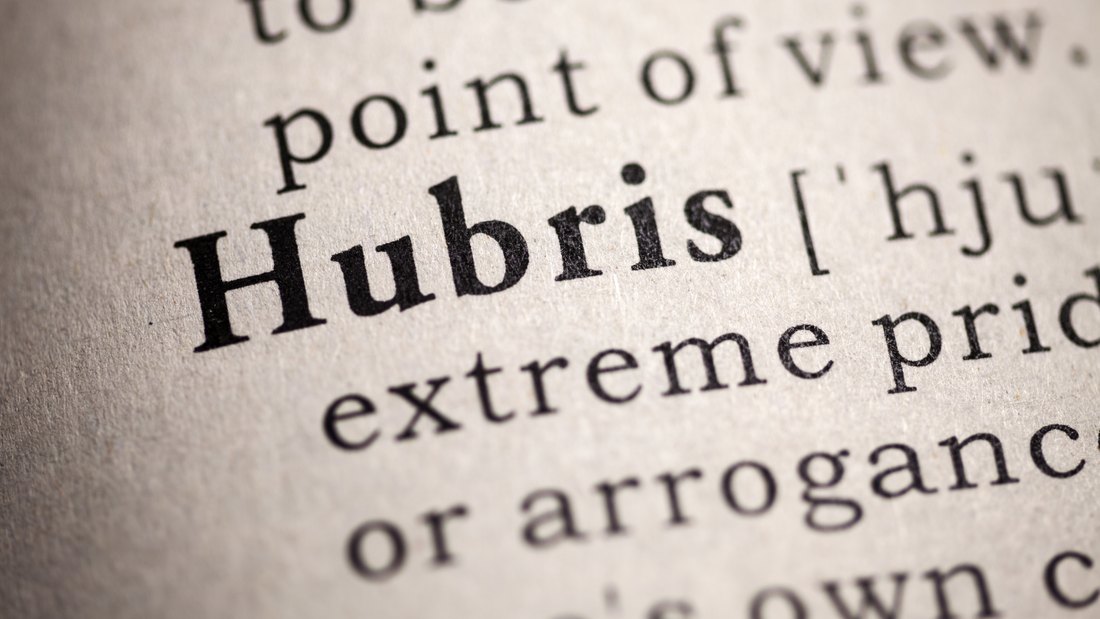|
Read the full story ⬇︎
He earned $4,000 during his time in Mobile, Alabama.[1] This is a considerable sum even by today’s standards, but in the early days of the 19th century, it was considered a fortune—equivalent to over $100,000.
But for Richard, it was just another day. After all, by that point he had already achieved celebrity status, touring up and down the east coast of the United States with his act, becoming the country’s wealthiest and most popular magician, ventriloquist, and hypnotist of the day. This was no small feat; after all, he lived during a time when most people who looked like him were still enslaved. But he had an advantage that others didn’t have, and this advantage empowered Richard Potter to become the first African American born celebrity in the United States.[2] A Fit of Hubris His work wasn’t getting the recognition he knew it deserved, so after an article he wrote about the restaurant industry was rejected by all the small papers, “in a fit of hubris,” Anthony pitched it to The New Yorker.[3] That article, “Don’t Eat Before Reading This,”[4] became a turning point in his life, kickstarting a television career that would span two decades. Despite the early setbacks, he had an advantage that others didn’t have, and this advantage empowered Anthony Bourdain to become a household name. Unique Power & Authority Eleanor Roosevelt once said that “no one can make you feel inferior without your consent,” and she would certainly know. Her own mother didn’t think much of her[5] and when she married her husband, her mother-in-law disapproved.[6] Then, years into the marriage, her husband had an affair and considered leaving Eleanor.[7] On top of all this, in the ensuing decades, numerous family members disavowed her over her unpopular social views. Despite the detractors, Eleanor became regarded as “one of the most esteemed women in the world” and “the object of almost universal respect.”[8] It could have been easy for Eleanor Roosevelt, Anthony Bourdain, and Richard Potter to let the opinions of others make them feel inferior, but instead of consenting to them, they boldly stepped forward, empowered with a mission far greater than their detractors. And there is some logic to this when we consider how the word empower refers to power and authority, as derived from ancient words meaning “make into” and “cause to be.” Richard, Anthony, and Eleanor are prime examples of how your advantages can empower you to overcome challenges that might otherwise hold others back—allowing you to reach a higher capacity than those unaware of their unique power and authority, or those unwilling to lean into those advantages. For Eleanor Roosevelt, her unique advantage certainly included her family’s wealth, but though wealth can open doors, to keep them open you need something more, and that something more was her dedication to truth and loyalty—her concern for strength of character rather than a mere veneer of reputation.[9] For Anthony Bourdain, his unique advantage was certainly his knowledge and experiences of kitchen culture, but it was also his skills as a storyteller (he published three mystery novels years before landing his first television show). But we would be remiss if we forgot to mention Gladys, Anthony’s mother. It was Gladys Bourdain, a long-time copy editor for The New York Times, that got his article into the hands of the editor at The New Yorker, because she happened to be friends with his wife. As for Richard Potter, his unique advantage was certainly his talent and skills for showmanship, but it was also his father,[10] Sir Charles Henry Frankland, a tax collector for the Port of Boston. Because of his father’s wealth, Richard received a high-class education in Europe before returning to the United States, leveraging his knowledge and skills (and personal connections) to embark on a career that made him both a fortune and celebrity. Final Thoughts When we don’t honor our unique power and authority, we become discouraged with a fixed mindset and an external locus of control—placing our experience of life at the mercy of circumstantial whims. But each and every one of us has a unique blend of knowledge, skills, experiences, connections, and temperaments, and when we lean into these unique advantages, we become empowered to excel at the very things that bring us the most joy, just like Richard, Anthony, and Eleanor. Reflection What are your unique advantages and how are they empowering you to boldly step forward and perform? Want More? Jonas Cain, M.Ed. is a storyteller, magician, musician, and facilitator of fascination. Through his company, Hashtag Positivity, he assists individuals, teams, and communities in “Being Well By Living Well” to experience abiding joy. Connect with Jonas today to discuss your challenges, goals, and obstacles: [email protected] References [1] Price, D. (1985). Magic: A pictorial history of conjurers in the theater. Cornwall Books. [2] Hodgson, J.A. (2018). Richard Potter: America’s first black celebrity. University of Virginia Press. [3] Acunzo, J. (2023, January 23). “Hidden truths in the success stories of Ira Glass and Anthony Bourdain.” Jay Acunzo. www.jayacunzo.com/blog/hidden-truths-in-the-success-stories-of-ira-glass-and-anthony-bourdain [4] Bourdain, A. (1999, April 19). “Don't eat before reading this.” The New Yorker. [5] Graham, H.D. (Spring 1987). “The paradox of Eleanor Roosevelt: Alcoholism's child.” Virginia Quarterly Review. 63(2). pp.210–230. [6] Goodwin, D.K. (1994). No Ordinary Time. Simon & Schuster. [7] Ibid. [8] “Mrs. Roosevelt, First Lady 12 years, often called 'world's most admired woman.'" (1962, November 8). The New York Times. [9] Black, A (2009). “Anna Eleanor Roosevelt.” National Archives. whitehouse.gov. [10] Milbourne, C (1973). Illustrated history of magic. Greenwood Publishing Group.
0 Comments
Leave a Reply. |
AuthorJonas Cain, M.Ed. is a storyteller, magician, musician, and facilitator of fascination on a mission to help you experience abiding joy. Topics
All
SubscribeArchives
July 2024
|


















 RSS Feed
RSS Feed
